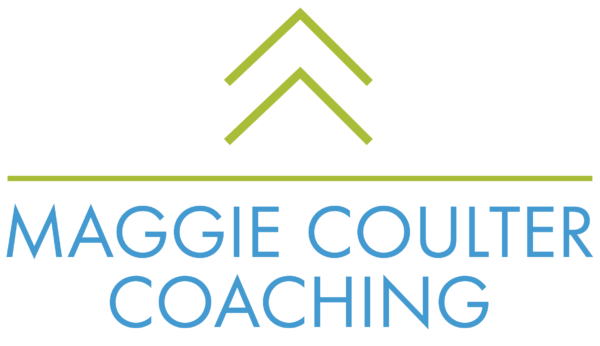Career-Changers: What Kind Are You?
(Originally published in the September 2016 edition of the Talk/Touch/Move newsletter, republished with permission.)
In my work as a career and life coach, I hear from a lot of people who think about changing careers. It’s been my great privilege to work with many of them as they move through this transition and into more satisfying vocations. Over the years, I’ve discovered most career-changers can be associated with one of four main categories. These are:
1. Bona Fide Career-Changers
Bona Fide Career-Changers are highly motivated and determined to change their careers. They have a few ideas in mind already and are willing to do what is necessary to move forward, including: taking new action, getting the support they need to address any obstacles (real or perceived), creating accountability for themselves, and celebrating their progress. In our coaching sessions, we do a lot of planning around next steps as well as managing self-doubt and building confidence.
2. Internal Career-Changers
Internal Career-Changers often seek coaching because they genuinely want to change careers, organizations or industries. However, with further exploration they discover that they’re actually okay with their career for the present moment but need help developing the skills to experience their work in a new way, e.g. to gain more respect from peers and managers, earn a higher income, negotiate successfully for promotions or sell their great ideas more effectively. We identify those specific skills and come up with ways to strengthen them with real-life practice.
3. Career Resters
From time to time, we all need a break from our careers. Career Resters are those who may initially want to change careers and soon realize they need a temporary break from their careers in order to get to know themselves better, recover from a particularly stressful period, or develop new (or dormant) aspects of themselves through a variety of activities. Our work is focused on getting clear on what kind of break they want to take and how to make it most meaningful, while developing a better understanding of the kind of work they want to do next and their optimal work environment.
4. Personal Strength Finders
I have a soft spot for this last group of career-changers. For one reason or another, Personal Strength Finders tend to put their needs and wants last. They may even experience bullying at work and blame themselves for how they’re being treated. They come to career coaching looking for answers and they consider changing careers as a possible solution. Often, I gently re-direct these people towards therapy work as I’ve found they usually need to look into their past in order to develop the personal strength needed to assert themselves more positively in their present careers and life.
At some point in my own career, I’ve fit into each of these categories. When I worked in the financial technology industry for thirteen years, I was a Personal Strength Finder in a big way. I needed a lot of counselling support to help me stand up for myself at work and get ahead in a cutthroat, competitive environment.
After being treated for cancer ten years ago, I became a temporary Career Rester. I thought I just wanted to change my career but I realized I first needed to take a break in order to physically and mentally recover from what I’d been through during two years of intensive medical treatment. I took mindfulness meditation courses and art classes, and enrolled in a coaching certification program.
As my career rest went on, it became clear that I was becoming a Bona Fide Career-Changer as well. I couldn’t think about going back to the financial technology industry and so with the help of a mentor coach, I made the career switch to professional career and life coaching. My mentor coach supported me to complete my credentials, build my new business, and get myself out of my own way.
Throughout my journey, I’ve consistently shown up as an Internal Career-Changer. I’ve always been interested in developing new skills to help me become more effective at work (and at home). In the past year, for example, I’ve focused on becoming a better leader; someone who creates positive change in themselves and their communities. This effort has resulted in wonderful new opportunities to work with like-minded people and has renewed my sense of optimism in life and for our world (to learn more, please check out my new coaching program: Create Positive Change).
If you are thinking about a career change, consider the following questions to help you determine what kind of career-changer you are:
· Bona Fide Career-Changer: Do you have a new career in mind already? Where is the best place to start researching your possibilities? What, if anything, is standing in your way of making the switch?
· Internal Career-Changer: What is the biggest issue you have with your work today? If that issue could somehow be resolved, would you still want to change your career right now?
· Career Rester: What has your life been like in the last few years? Have you experienced any kind of major stressors, e.g. illness (your own or that of someone close to you), relationship breakdown, geographic move, job loss, etc.? How appealing does a planned, short-term rest sound to you?
· Personal Strength Finder: Are you being bullied at work or do you somehow feel inadequate or insufficient for your job? Do you worry a lot and struggle to focus on career growth or development? How much would it help you to have someone in your corner, someone who can help you understand what’s really going on and suggest ideas for how to address the situation (e.g. a therapist or counsellor)?
To discuss your potential career change further, please contact Maggie DiStasi or visit:www.processbasedliving.com . Initial consultations are free.
